
People at high risk of colon can:cer, know to avoid it or it will be too late to regret
Colon cancer is one of the most common types of cancer, but it is also one of the most preventable if risk factors are managed early. People at high risk of colon cancer need to be particularly vigilant and take proactive measures to reduce their chances of developing the disease. If certain precautions are not taken, it may be too late to address the cancer once it has progressed significantly. Here are key risk factors and preventive actions for those at high risk:
High-Risk Groups for Colon Cancer
-
Family History of Colon Cancer
-
People with close relatives (parents, siblings) who have had colon cancer are at a higher risk. Certain genetic conditions like hereditary non-polyposis colorectal cancer (HNPCC) or familial adenomatous polyposis (FAP) also significantly increase the risk.
-
-
Personal History of Polyps or Previous Cancer
-
Those who have had colorectal polyps (benign growths in the colon) are at a higher risk of developing colon cancer. A previous diagnosis of colon cancer also increases the likelihood of recurrence or new cancers forming in the colon.
-
-
Age
-
People over the age of 50 are at a higher risk, as colon cancer is more common with age. The risk increases even further after age 60, which is why routine screenings like colonoscopy are recommended starting at age 50 for those with average risk.
-
-
Inflammatory Bowel Disease (IBD)
-
Conditions like Crohn's disease or ulcerative colitis, which cause chronic inflammation in the colon, significantly increase the risk of colon cancer. Long-term inflammation can lead to cellular changes that increase the likelihood of cancer development.
-
-
Lifestyle Factors
-
Diet: A diet high in red meat, processed meats, and low in fiber can increase the risk of colon cancer. Obesity and sedentary lifestyles are also linked to higher risks.
-
Smoking and excessive alcohol consumption can further increase the likelihood of developing colon cancer.
-
Preventive Measures to Avoid Colon Cancer
-
Regular Screening
-
Colonoscopy: Colonoscopies are the most effective method for detecting early signs of colon cancer, such as polyps or abnormal cells. Those at high risk may need earlier and more frequent screenings.
-
People at average risk are typically advised to start screening at age 50, but those with higher risk factors (family history, IBD, etc.) should start earlier.
-
-
Healthy Diet and Lifestyle
-
Increase Fiber Intake: A diet rich in fruits, vegetables, and whole grains can help reduce colon cancer risk. Fiber aids digestion and may help prevent the formation of cancer-causing compounds in the colon.
-
Limit Red Meat and Processed Foods: Reduce consumption of red meats (like beef, pork, and lamb) and processed meats (like bacon, sausages, and hot dogs), which have been linked to an increased risk of colon cancer.
-
Exercise Regularly: Physical activity can help maintain a healthy weight and improve overall digestive health. Aim for at least 150 minutes of moderate exercise per week.
-
Quit Smoking and Limit Alcohol: Both smoking and excessive alcohol consumption are significant risk factors for many cancers, including colon cancer. Quitting smoking and reducing alcohol intake can lower the risk.
-
-
Medications
-
Aspirin or Other NSAIDs: In some cases, individuals at high risk may be prescribed low-dose aspirin or other nonsteroidal anti-inflammatory drugs (NSAIDs) as a preventive measure to reduce the risk of colon cancer. However, this should only be done under a doctor’s guidance due to potential side effects.
-
-
Genetic Counseling and Testing
-
For individuals with a family history of colon cancer or genetic conditions such as HNPCC or FAP, genetic counseling and testing may help identify specific mutations that increase cancer risk. This can guide more personalized screening and prevention strategies.
-
The Importance of Early Detection
Colon cancer often develops slowly, and early stages may not show obvious symptoms. Regular screening is crucial because it can detect precancerous polyps and allow for their removal before they become cancerous. If colon cancer is detected in the early stages, it is highly treatable, with a high survival rate.
However, if colon cancer is not detected early and allowed to progress, it may spread to other organs, making treatment much more difficult and reducing survival rates. Therefore, it’s important for individuals at high risk to stay proactive with screenings and lifestyle choices, to avoid regret later when it might be too late to act.
Conclusion
For individuals at high risk of colon cancer, prevention and early detection are key to reducing the risk and improving outcomes. By following recommended screenings, making healthy lifestyle changes, and being aware of personal risk factors, people can take control of their health and avoid the potentially devastating consequences of undiagnosed colon cancer. Regular check-ups and a proactive approach to colon health can make all the difference.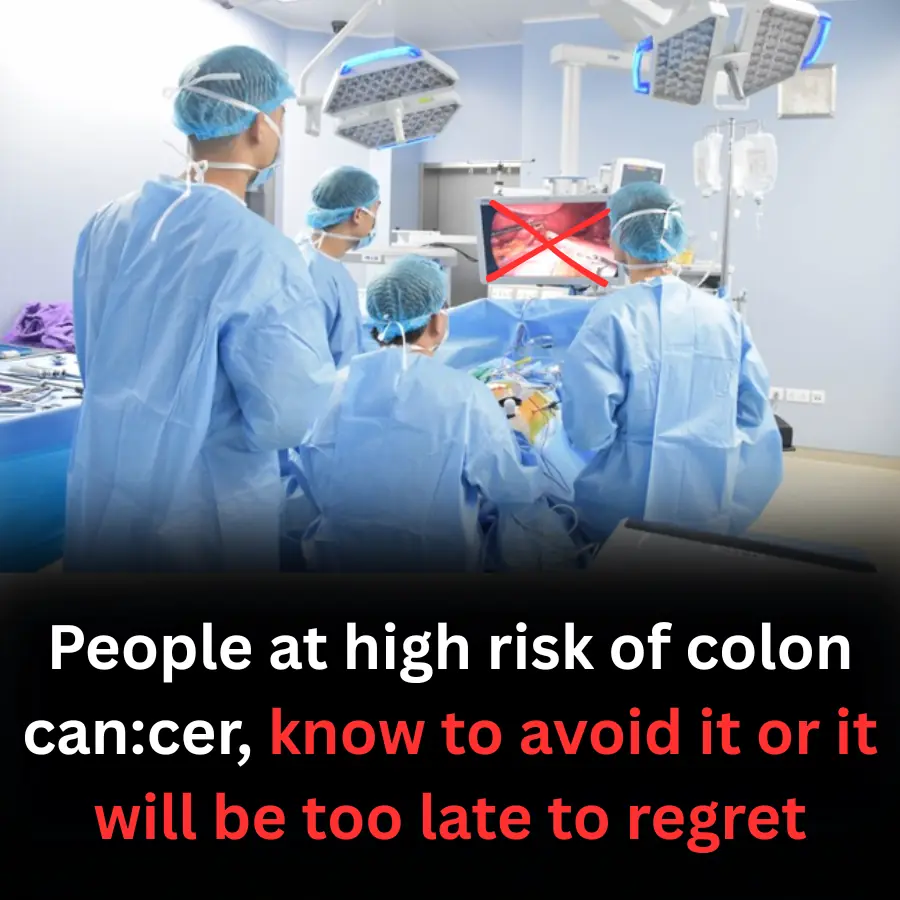
News in the same category

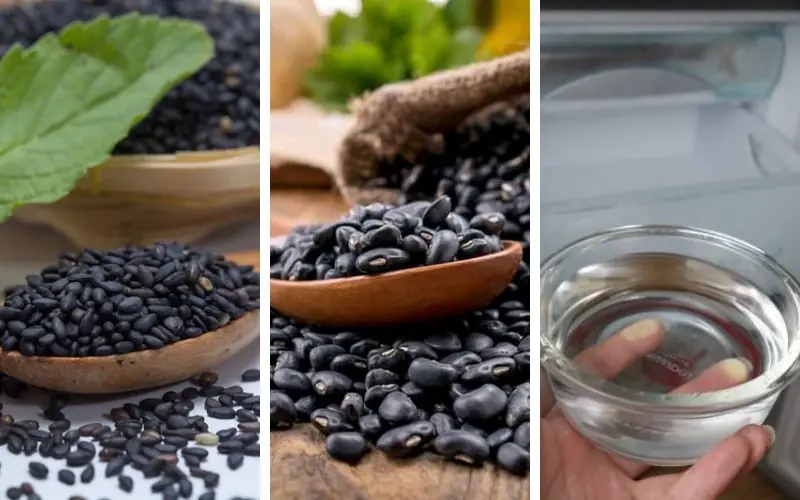
Black Beans and Black Sesame: The Ancient Pair That “Cleans by Day, Restores by Night” — Yet Most People Use It Wrong
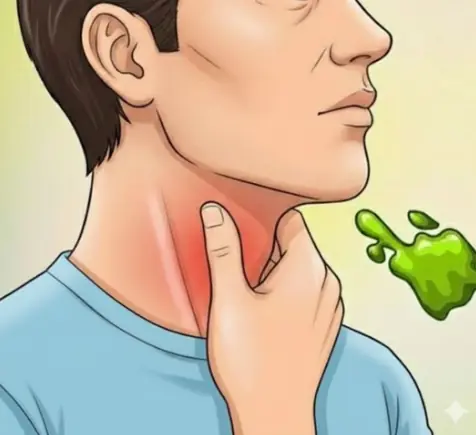
The Real Causes of Constant Phlegm and Mucus in Throat — And How to Get Rid of It

3 Signs Your Parent May Be Nearing the End of Life — How to Prepare for What’s Ahead
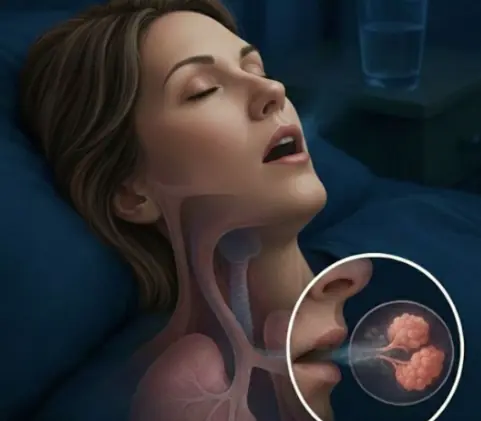
Why you keep waking up with dry mouth—and what it may be telling you

If You Keep Waking Up at 3AM, The Universe Might Be Trying to Tell You Something

These sudden purple patches on my arms won’t stop appearing, and my doctor is booked until January. What’s happening?

The Hidden Meaning Behind Thumb Rings for Women vs. Men
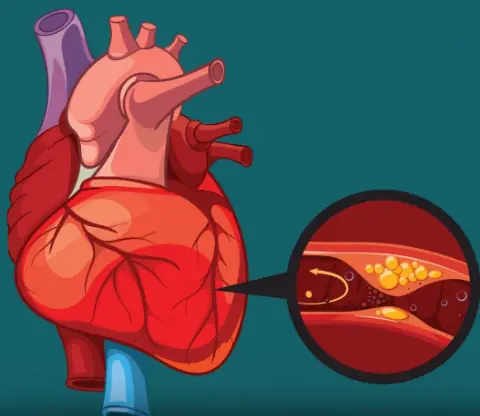
The Best Foods to Cleanse and Prevent Clogged Arteries
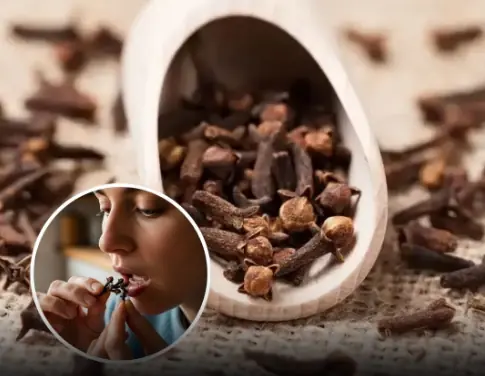
The Ultimate Guide to Cloves: Benefits, Uses, and How They Work
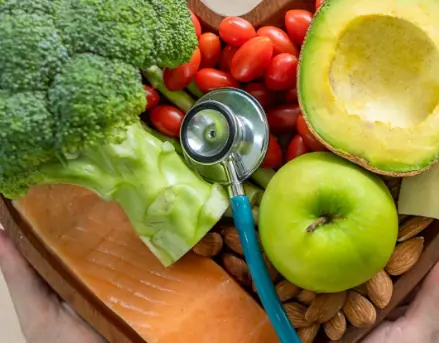
Top 10 Foods to Control Diabetes

90% of Cerebral Infarction Patients Did These 3 Things in the 3 Days Before a Stroke — Chances Are You’re Doing the Second One Right Now

🩺 If Your Kidneys Are in Danger, Your Body Will Warn You With These 8 Signs
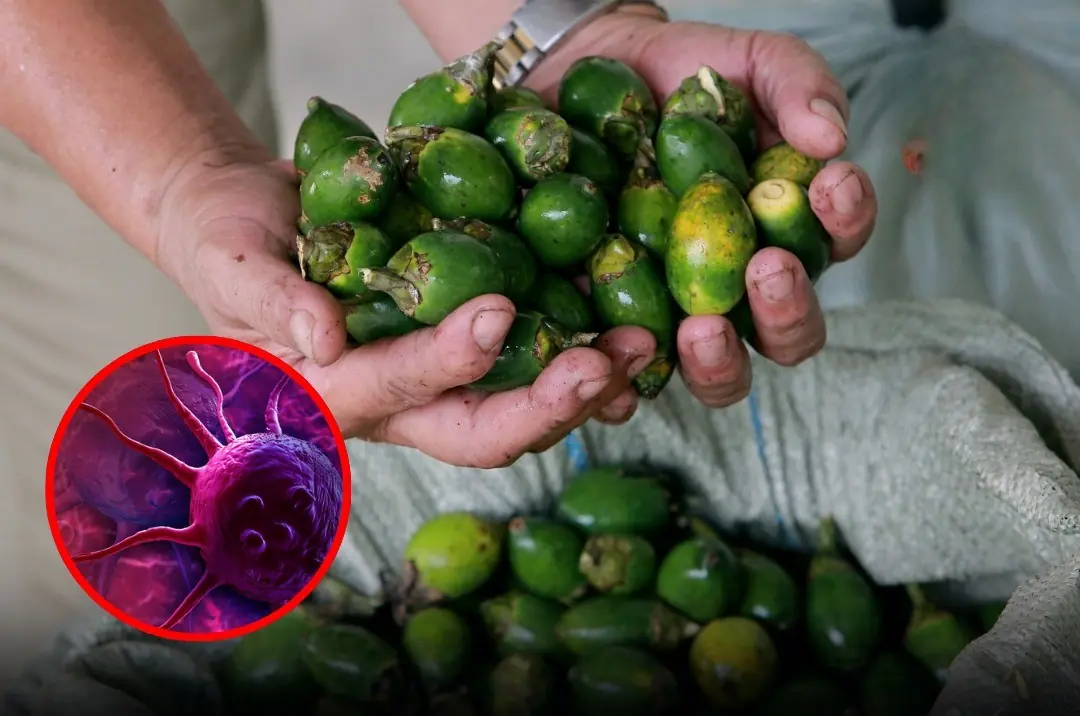
You might be eating these every day — and not know the dang:ers

Watch out – this sign could be an early warning!
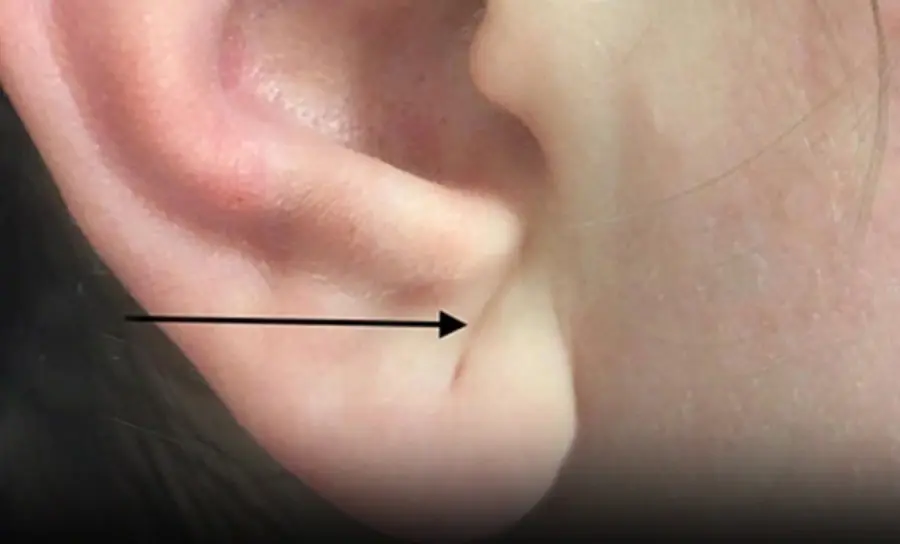
Shortness of breath, chest pain, and heart rhythm disturbances are not the only warning signs that you are in danger of heart disease.

Warning signs you may have a brain hemorrhage, don't ignore them or you'll regret it too late

If you go to sleep and encounter these 5 situations, you should be careful
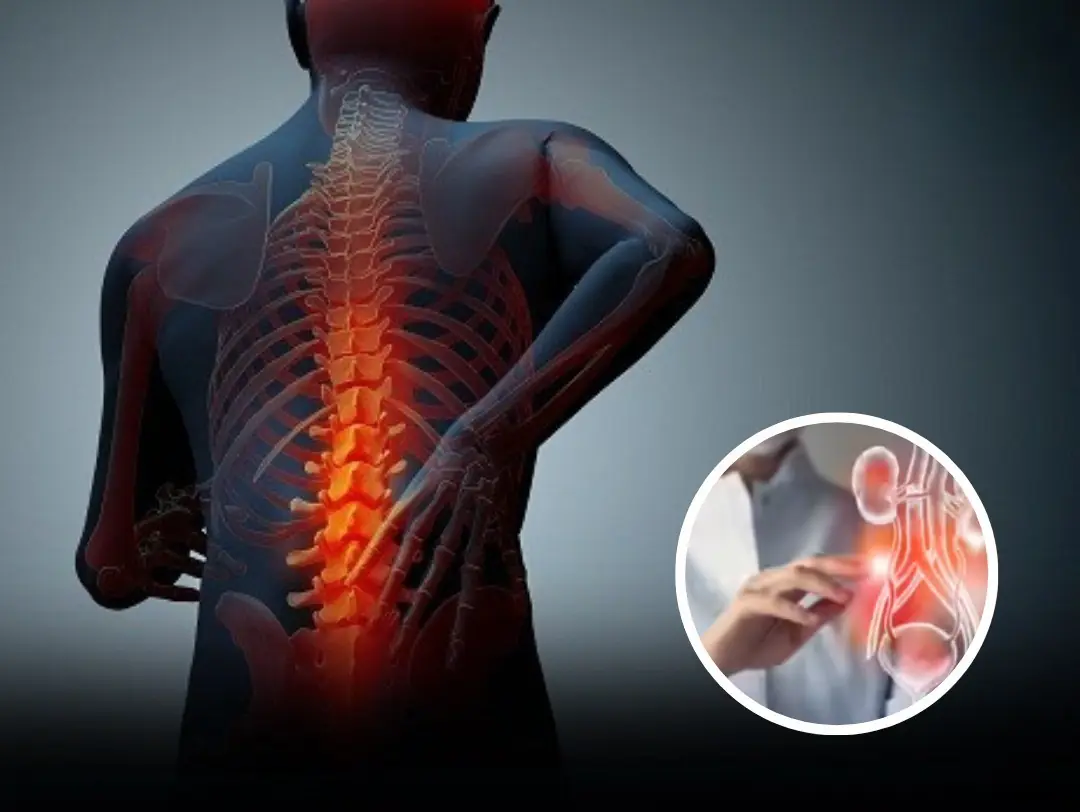
Your Body May Be Signaling Kidney Weakness—Here’s What to Look For
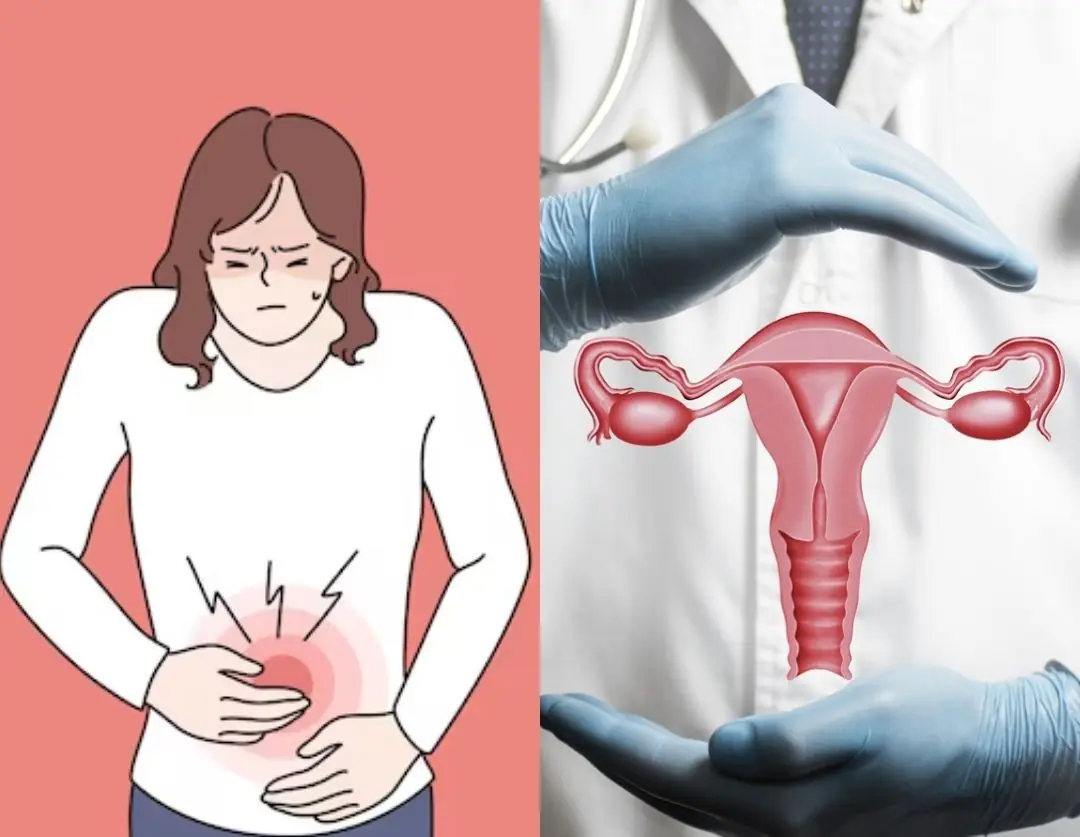
8 Early Warning Signs Of Ovarian Cancer You Shouldn’t Ignore
News Post

90% of women don’t know this trick: Add this one thing to the pan and you can fry “everything” without worrying about oil splattering!

Top Hospitals Issue Stark Warning: This Common Meat May Be “Feeding” Can.cer — Just 50 Grams a Day Raises De.ath Risk by 18%

Black Beans and Black Sesame: The Ancient Pair That “Cleans by Day, Restores by Night” — Yet Most People Use It Wrong

When Buying Bananas, Just Say These 3 Words — Sellers Will Think You’re an Expert and Won’t Dare to Cheat You

The Real Causes of Constant Phlegm and Mucus in Throat — And How to Get Rid of It

3 Signs Your Parent May Be Nearing the End of Life — How to Prepare for What’s Ahead

Why you keep waking up with dry mouth—and what it may be telling you

So this is what it does, here is the answer

If You Keep Waking Up at 3AM, The Universe Might Be Trying to Tell You Something

These sudden purple patches on my arms won’t stop appearing, and my doctor is booked until January. What’s happening?

The Hidden Meaning Behind Thumb Rings for Women vs. Men

The Best Foods to Cleanse and Prevent Clogged Arteries

The Ultimate Guide to Cloves: Benefits, Uses, and How They Work

Top 10 Foods to Control Diabetes

90% of Cerebral Infarction Patients Did These 3 Things in the 3 Days Before a Stroke — Chances Are You’re Doing the Second One Right Now

PAN-SEARED WHITE FISH WITH GARLIC CHILI BUTTER

🩺 If Your Kidneys Are in Danger, Your Body Will Warn You With These 8 Signs

You might be eating these every day — and not know the dang:ers

Watch out – this sign could be an early warning!
